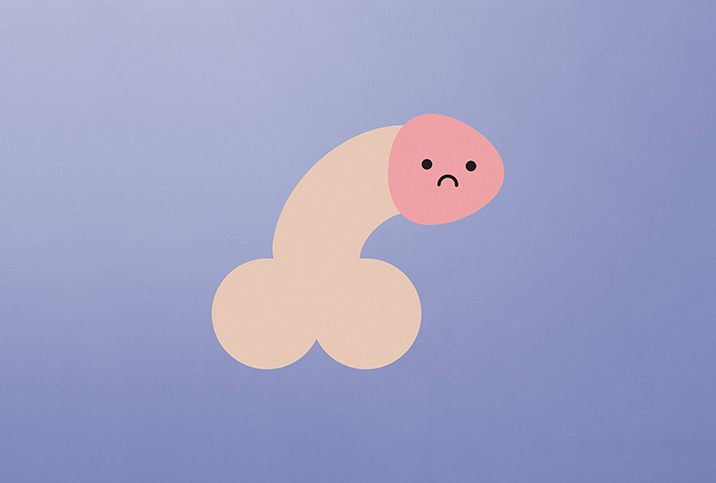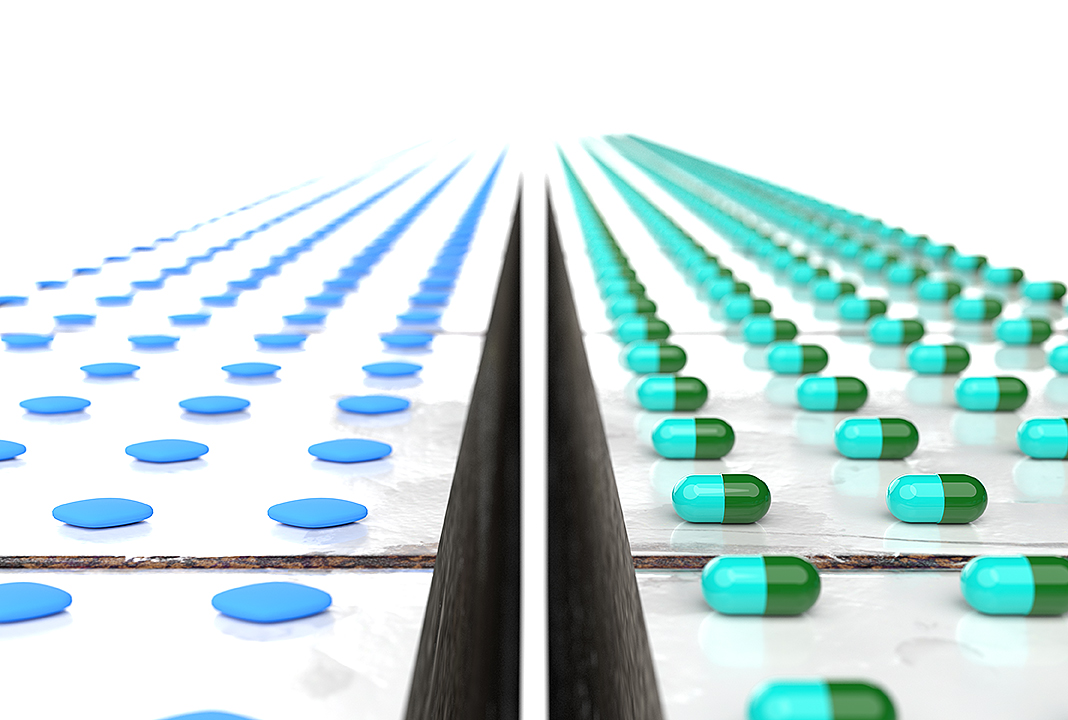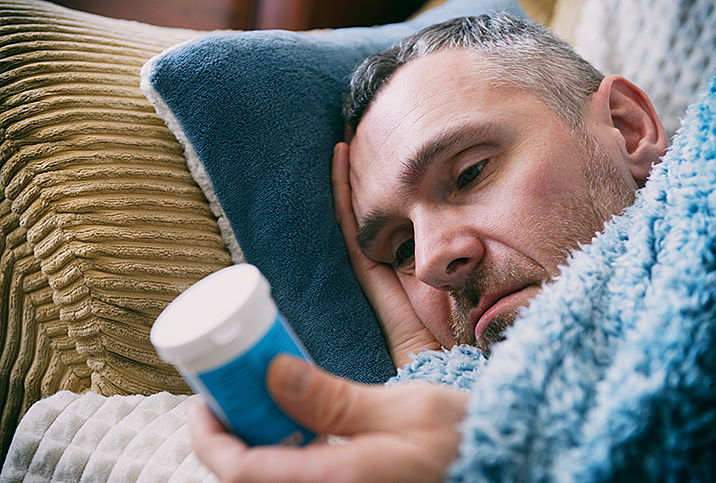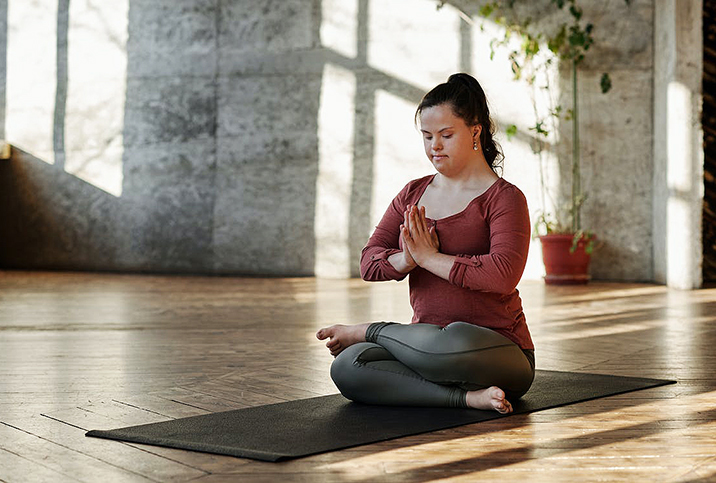Your Libido With Depression

Everyone experiences sadness, but when those feelings escalate into depression, it can negatively impact every aspect of your life. This is because depression is more than just "feeling blue" or being upset by a distressing event—it is a deep-seated mental health condition with neurochemical roots, and it requires specialized treatment.
One of the notable drawbacks of the disorder is a diminished libido. People struggling with depression often report a disruption in their sex lives, and upon further examination, it is easy to see why.
What is depression?
According to the Diagnostic and Statistical Manual of Mental Health Disorders (DSM-5), depression occurs when a patient has persistent feelings of sadness daily, nearly all day, for a minimum of two weeks. This emotional disturbance affects your quality of life and ability to perform daily activities.
In conjunction with the melancholy itself, people with depression can experience:
- Lack of pleasure and interest, even with previously enjoyed activities.
- Diminished energy and motivation.
- Changes in weight and/or appetite.
- Unexplained physical aches and pains.
- Feelings of worthlessness, pessimism, guilt, anxiety, hopelessness and irritability.
- Difficulty with decision-making and concentration.
- Thoughts or acts of self-harm or suicidal tendencies.
From a neurological perspective, depression is caused primarily by an imbalance of serotonin, which is a neurotransmitter in the brain that regulates mood (including feelings of well-being and sadness), sleeping and metabolism. People with depression have serotonin imbalances, which is why they are often prescribed antidepressants that moderate its levels.
As a consequence of these depression-related effects on the body, sex drive can become impeded as well.
Depression and libido
When you feel down, chances are you don't have the energy to get physical with your partner, not to mention the fact that your mood will impede your ability to get aroused. Your self-esteem can take a big hit so you don't feel confident during sex, and your decreased interest in enjoyable activities may include sex. Another huge component is the loss of ability to experience pleasure, a key motivator for most sexual encounters.
If there is seemingly nothing to gain from having sex, libido will naturally drop. If you experience this, consider seeking treatment for the illness, but be aware of possible problems related to antidepressant medications.
Antidepressants' impact on libido
Though serotonin-based antidepressants can work wonders treating symptoms, studies indicate evidence of them causing sexual dysfunction in both men and women. There are a vast variety of antidepressants that affect hormone levels in different ways; these differences mean that some treatments are worse (or better) for libido than others. Selective serotonin reuptake inhibitors (SSRIs) are the most common type of antidepressant, but they often exacerbate complications with libido and other sexual difficulties.
Along with a decreased sex drive, SSRIs can affect the ability for both men and women to achieve an orgasm, with some losing their ability altogether. Women have reported vaginal dryness, which can result in painful intercourse, and men have experienced erectile dysfunction (ED).
So, what can be done about it?
Don't fear: There is hope for saving your libido if you have depression, even if you're also on antidepressants. Talk to your psychiatrist about adjusting your dosage or switching to a different medication. For some, a combination of antidepressants may offer a solution.
Your partner plays a big role in the solution, too. Studies show the less you have sex, the less likely you are to do it in the future. Don't be shy about discussing depression's impact on your libido. Together, you can work to come up with methods of improvement and find a solution that's right for you.


















